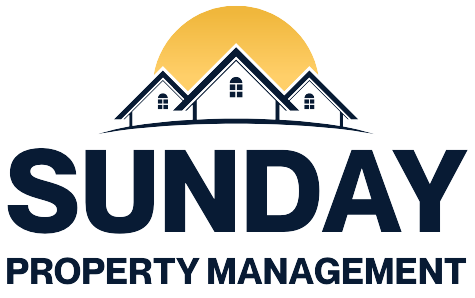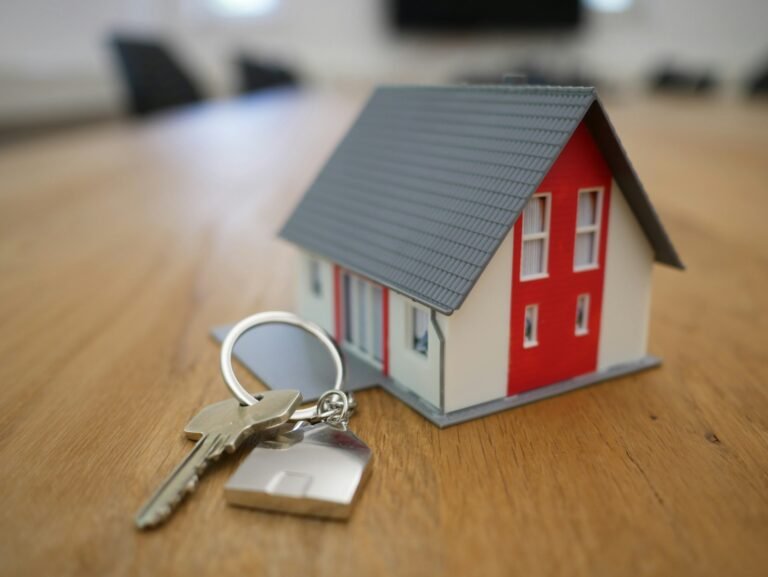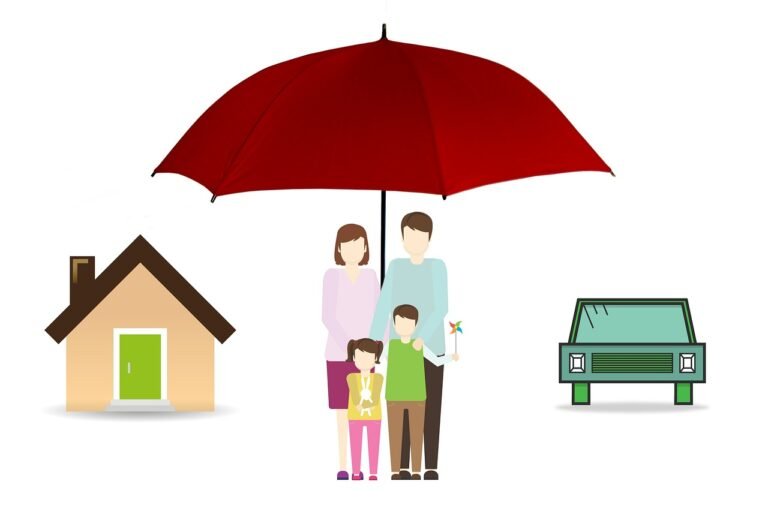The Balancing Act: Navigating the Tenant-Property Manager Relationship
Property managers take on a wide range of responsibilities, all of which are vital to the smooth operation of a rental property. Their key duties include:
- Tenant Screening and Selection: From advertising listings to showing the unit and vetting applicants, managers ensure new tenants are a good fit for the property.
- Rent Collection: Keeping payments on schedule and addressing any delinquencies is a fundamental part of the job.
- Property Maintenance: Whether it’s scheduling repairs or managing lawn care, they’re tasked with preserving the property’s condition.
- Lease Enforcement: Managers handle lease violations—like noise complaints or unauthorized occupants—by taking appropriate action.
- Landlord Communication: They serve as the intermediary, keeping property owners updated on issues, concerns, and changes.
Overall, the property manager’s role is to balance the expectations of the property owner with the needs of tenants, aiming to ensure satisfaction on both ends.
The Tenant’s Role: Upholding Responsibility
Just as property managers have a defined role, tenants also play an essential part in maintaining a good rental relationship. Their key responsibilities include:
- Paying Rent Promptly: Staying on top of rent payments is a basic but crucial responsibility.
- Caring for the Property: Tenants should keep their space clean and avoid causing unnecessary damage.
- Reporting Issues Early: Timely notification of maintenance problems can help prevent larger, more expensive repairs.
- Following Lease Terms: Respecting rules regarding guests, pets, noise, and other terms keeps the tenancy in good standing.
Open Dialogue: Clear and respectful communication with the property manager helps address concerns before they escalate.

Keys to a Strong Relationship
A cooperative relationship between tenants and property managers benefits everyone involved. Here are practical ways to build and maintain a solid rapport:
- Stay Communicative: Open and timely communication is vital. Tenants should bring up concerns as they arise, and managers should keep tenants informed about property matters.
- Maintain Respect: Treating each other with courtesy, even in difficult situations, sets a tone of professionalism that makes problem-solving easier.
- Set Clear Ground Rules: A detailed lease agreement provides structure. It’s important for both parties to review and fully understand its contents.
- Be Responsive: Answering messages and requests promptly shows consideration and helps avoid frustration.
- Be Proactive: Tenants can help maintain the space by handling minor tasks themselves, like replacing batteries or lightbulbs. Meanwhile, managers should schedule routine inspections to catch small issues before they grow.
Empathy plays a huge role, too. Tenants lead busy lives, and property managers juggle multiple units and residents. A little understanding on both sides goes a long way.

Handling Disagreements and Solving Problems
Conflicts can happen, but how they’re managed makes all the difference. Here’s how to navigate tense situations with care:
- Speak Up Firsthand: Address concerns directly with the property manager instead of venting to others first.
- Keep a Record: It’s helpful to log conversations and save copies of texts or emails in case the issue needs to be revisited later.
- Know the Rules: Understanding your legal rights and obligations as a tenant can help you advocate for yourself appropriately.
- Use Mediation If Needed: When direct discussions don’t resolve the issue, bringing in a neutral third party can help find common ground.
Final Thoughts
A good tenant-property manager relationship doesn’t just happen—it’s built through communication, consistency, and mutual respect. When both sides invest in maintaining this connection, it creates a living environment where tenants feel valued and property managers can effectively care for the space. In the end, collaboration and consideration make for a smoother, more successful rental experience.







